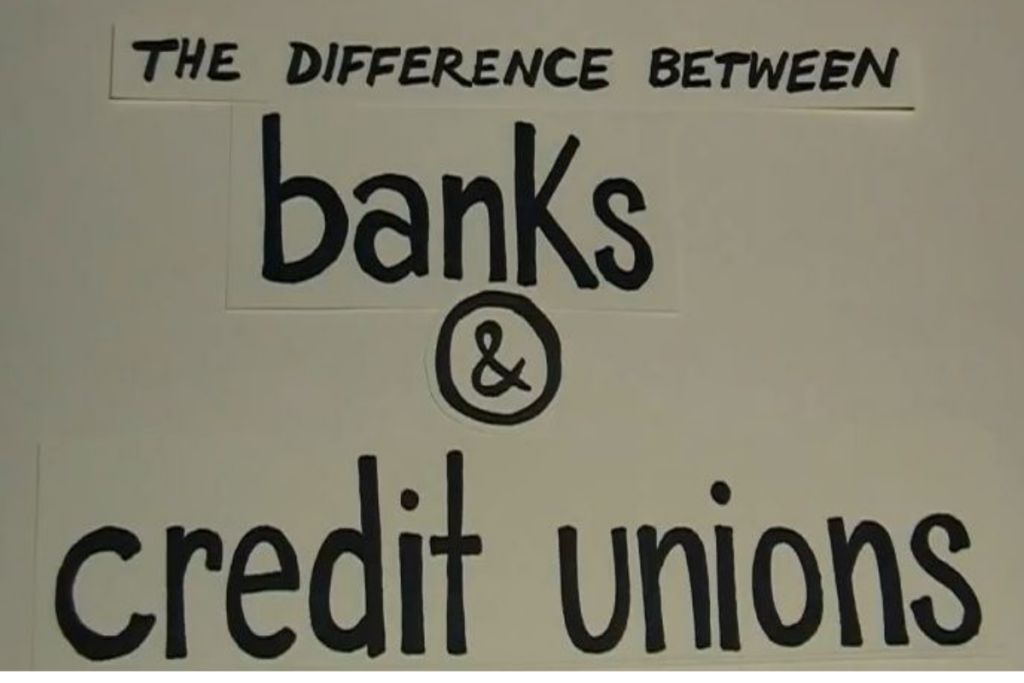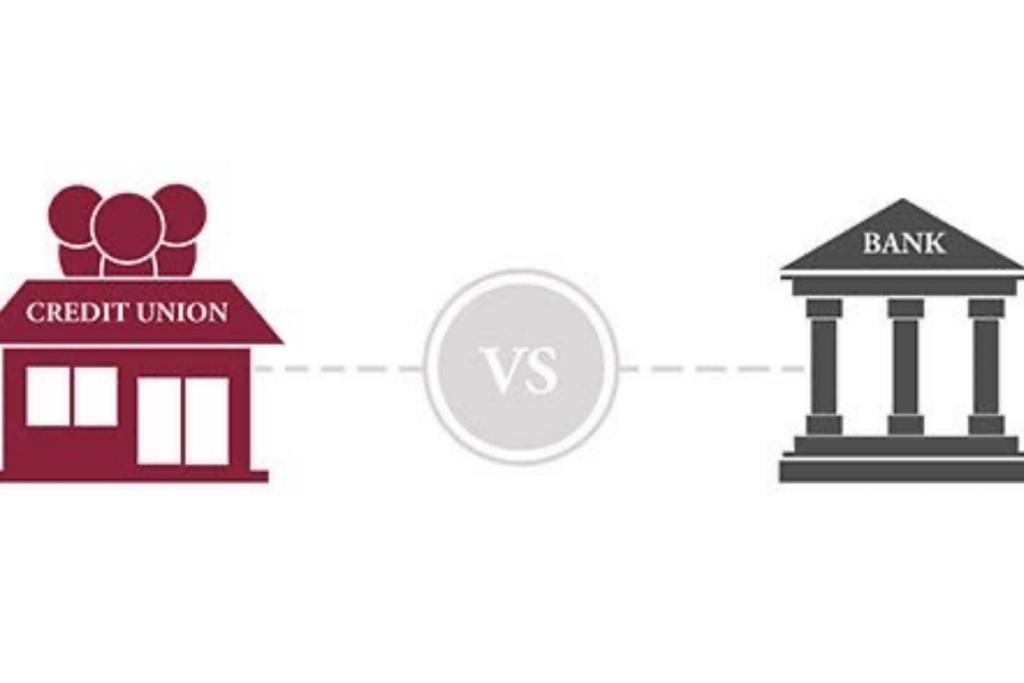Credit union vs bank mortgage: which one should you go for?
When you want to get a mortgage, there are many places you can choose from. It is not just the big banks or regional banks that offer them. Credit unions are also becoming more involved in giving out mortgages.
Credit unions do not just offer competitive loan deals and more personalized customer service. They also provide more flexible lending rules. However, a regular bank might be a better option based on your financial situation.
Therefore, if you are trying to decide between getting a mortgage from a credit union or a bank, it is vital to consider each financial institution’s advantages and disadvantages.
Credit Union vs Bank Mortgage: Key Similarities and Differences
When considering a mortgage, you might look at a bank or a credit union. Both of these places lend money. They have several things in common, and they also have some differences that can affect your choice.

Similarities Between Bank and Credit Union Mortgages
- Application Process: How you apply for a bank mortgage is the same as in a credit union. You can do it online, over the phone, and in person at a branch.
- Mortgage Types: Both banks and credit unions offer a variety of mortgage loans, including fixed-rate and adjustable-rate mortgages, conventional mortgages, and FHA loans.
- Other Financial Products and Services: In addition to mortgages, banks and credit unions offer other financial services, such as car loans, checking and savings accounts, and personal loans.
Differences Between Bank and Credit Union Mortgages
Even though credit unions and bank mortgages might seem similar, there are some significant differences, which include:
- Profitability: Credit unions are non-profit organizations, while banks are for-profit institutions.
- Membership: Banks are usually open to anyone. Anyone can walk into a bank and become a new customer. Credit unions, however, can be more selective. To join, you might need to live in a particular area, work a specific job, or belong to a certain group.
- Loan Programs: Banks may offer a wide variety of loan options because they tend to be larger and can serve more people. Credit unions might offer fewer loan types, but they can often provide more personalized service.
- Retaining Loans: Credit unions usually keep the mortgages they give out, while banks often sell their mortgages to other companies.
ALSO READ: 8 Credit Mistakes To Avoid
The Pros and Cons of a Credit Union Mortgage
The following are the advantages and disadvantages of a credit union mortgage:

Pros of a Credit Union Mortgage
- Fewer Fees: Credit unions charge fewer fees to their members. They do not make money for investors like banks do
- Lower Rates: Credit union mortgage rates are usually low. So, you might pay less in interest.
- Better Service: Credit unions often provide more personalized service, and you are more likely to stay with the same lender throughout the loan.
- Easier Approval: If your credit score is not perfect or you do not have a lot of money, you might still get approved for a loan at a credit union because they tend to help lower-income and middle-income people.
Cons of a Credit Union Mortgage
- Membership Requirements: You cannot just join any credit union. There are some requirements that you have to meet. You may have to live in a particular area or work to become a member.
- Outdated Technology: Credit unions may not have the best online tools for managing your loan compared to banks.
- Limited Branches and ATMs: Credit unions have fewer locations and ATMs, making it harder to access your money.
- Potentially Higher Costs: While credit unions usually have great rates, banks may sometimes offer even lower rates, making credit unions more expensive in some cases.
The Pros and Cons of a Bank Mortgage
The following are the advantages and disadvantages of getting a bank mortgage:

Pros of Getting a Bank Mortgage
- More Loan Options: Banks usually offer more mortgage loans, which can be helpful if you have a unique financial situation.
- Accessibility: Big banks often have more locations, so you can visit them to talk to someone if you need help with your mortgage.
- No Membership Needed: Unlike credit unions, anyone who qualifies can get a mortgage from a bank. You do not need to be a member to apply.
Cons of Getting a Bank Mortgage
- Profit-Focused: Since banks are for-profit businesses, they may charge you more fees and give you higher interest rates compared to credit unions.
- Less Personal Service: Big banks serve many customers, so the service you get may not feel as personalized as that of a credit union.
- Stricter Lending Requirements: Banks might have tougher rules for approving mortgages, like requiring a higher credit score or more income than a credit union would.
ALSO READ: Why Did My Credit Score Drop for No Reason?: Top 9 Possibilities
Credit Union vs Bank Mortgage: How to Choose the Right Lender
When deciding between both financial institutions for your mortgage, there are some important differences to consider.

- Credit unions are member-owned institutions often providing low rates, fewer fees, and more personalized customer service. People who prefer a smaller, community-focused lender or do not want to support big banks may choose this option. Credit unions also tend to offer better rates for their members.
- Banks, on the other hand, are larger institutions. They may provide more advanced technology for managing loans. They may be a better choice for someone who is not a credit union member or wants a faster, more seamless loan process through online tools and apps.
To make the best choice, it is helpful to:
- Search for customer reviews of the banks or credit unions you are considering.
- Ask friends or families for their recommendations.
- Before choosing the best credit union or bank for a mortgage, make sure to compare the mortgage offers from at least three different lenders.
When you do this, you will have a better understanding of the options available to you and the ones you can choose from. You will be able to choose the lender that best fits your needs from the mortgage market.

